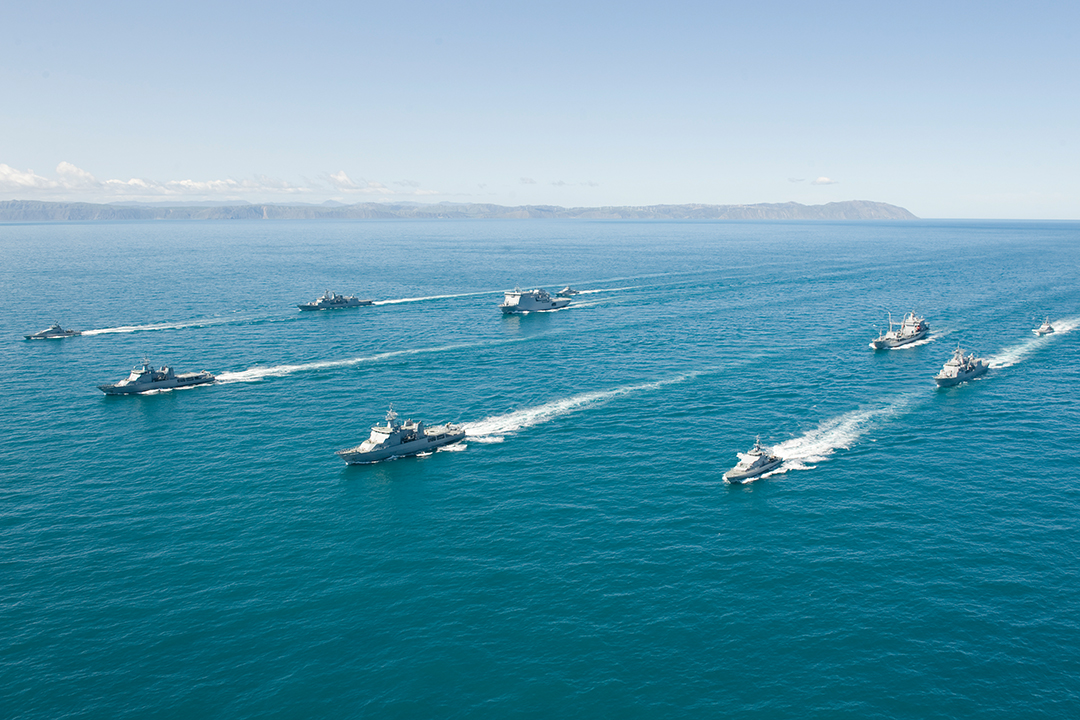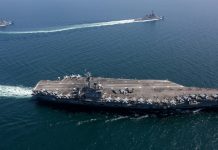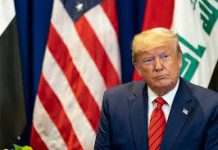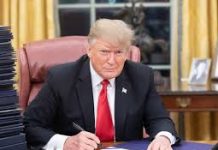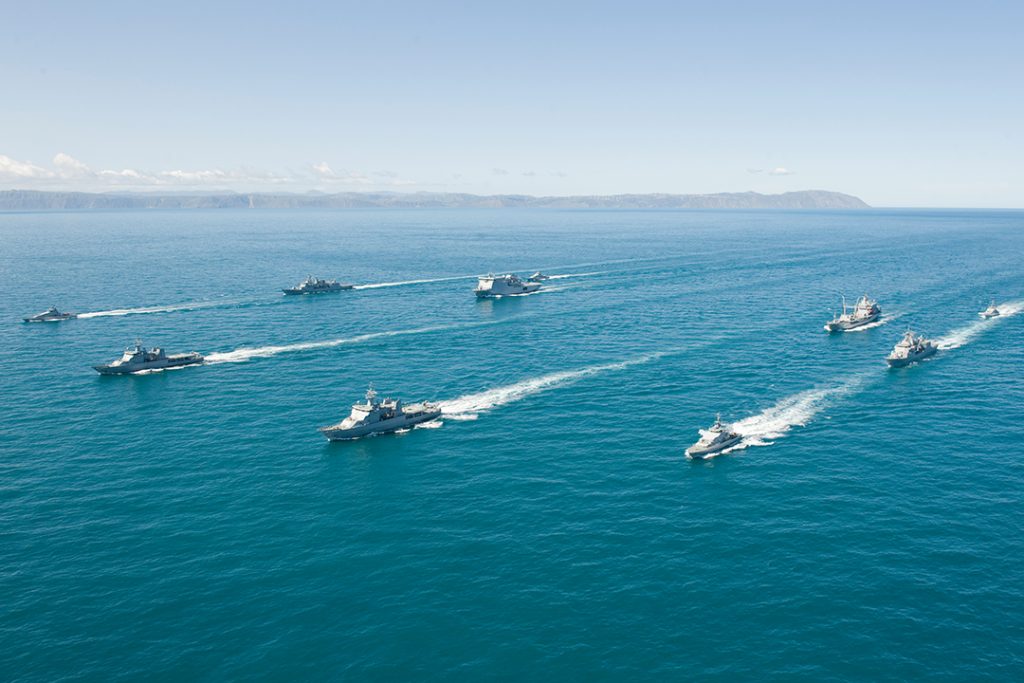
In a development that marks Europe’s Asia pivot, major European economic powerhouses are sending warships to the Indo-Pacific region midst growing tensions over China’s mishandling of the coronavirus-induced COVID-19 global pandemic and its brutal crackdown of human rights in Hong Kong.
To shed more clarity on the matter, the French Embassy in Tokyo even posted an article describing the activities of a frigate in Asian waters.
“The frigate Prairial is currently deployed in Asia-Pacific where it is participating in the system to fight against the circumvention of United Nations Security Council sanctions by North Korea,” said the embassy. “It is one element of our work for the benefit of security in the Indo-Pacific region.”
In an earlier post, the French Embassy had noted that the Prairial had made a technical stopover in the Japanese naval port of Sasebo.
The port of call of the French frigate comes in the wake of a British flagship amphibious assault vessel HMS Albion making a stopover at Yokosuka in 2018, home to the U.S. 7th Fleet. Port calls such as these signals adversaries, including, China, that navies have friendly ports that they can depend on in their neighborhood. This message was underscored by a joint exercise last month which involved France, Japan and the United States.
Ever since the first cross-servicing agreement took effect in 2019 between the two countries, the Japanese replenishment ship Hamana refueled the Prairial near Kyushu in southwestern Japan; the event was significant since it was the first such operation of its kind since the signing the agreement.
In December 2020, the French nuclear submarine Emeraude conducted anti-submarine exercises with the American guided-missile destroyer USS John McCain and Japanese helicopter carrier Hyuga in the Philippine Sea. This was significant since it marked the first time that Japan’s Maritime Self-Defense Force participated in a joint submarine exercise with the French Navy.
“This trilateral exercise with the United States Navy and the French Navy not only develops tactical skills but also contributes to a ‘free and open Indo-Pacific’ based on the rule of law and freedom of navigation,” said Captain Shingo Hamasaki, commander of the MSDF’s 3rd Escort Division.
France has legitimate reasons to have a naval presence in the pregion given that it has military bases in New Caledonia and in French Polynesia. Paris also an Indo-Pacific power sees China’s pompous military threats as a cause for concern.
According to senior officials in Berlin, Germany, another European economy powerhouse, is also set to send a frigate to Asia later this year in August.
Beijing has made huge territorial claim covering almost the entire energy-rich waters of the South China Sea and has established military outposts on artificial islands.
The United States has rubbished China’s claims saying it does not have any logical, coherent legal basis, and the U.S. Navy regularly conducts “freedom of navigation” operations in the region with U.S. naval vessels passing close to some of these islands, thus asserting freedom of access to international waterways.
The U.K has also increased its focus on the region, especially after Brexit. Further, relations between London and Beijing have taken a turn for the worse, following Beijing blatantly passing a draconian new security legislation aimed at imposing its iron grip over Hong Kong, a former British colony, thus undermining Hong Kong’s autonomy and breaking its promise, thus underscoring grim apprehensions that China’s promises cannot be trusted.
The UK’s aircraft carrier HMS Queen Elizabeth is also set to deploy to the region later this spring, along with a strike group consisting of destroyers and submarines in a show of force aimed at China. The strike group will also participate in exercises with F-35B stealth fighters from Japan and the United States.
For Japan, increased European engagement in the region is a golden opportunity to further its vision of a free and open Indo-Pacific. To this end, Foreign Minister Toshimitsu Motegi welcomed Europe’s increased interest in the region while addressing European Union’s Foreign Affairs Council earlier this year in January and called for greater cooperation in areas including maritime security.


